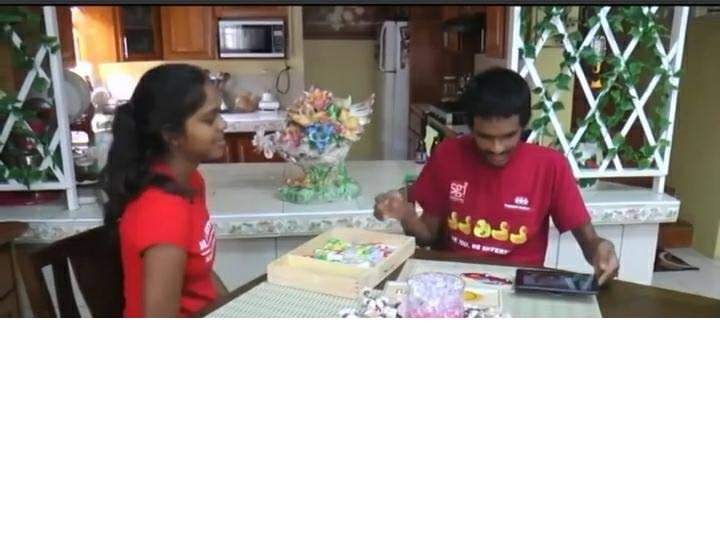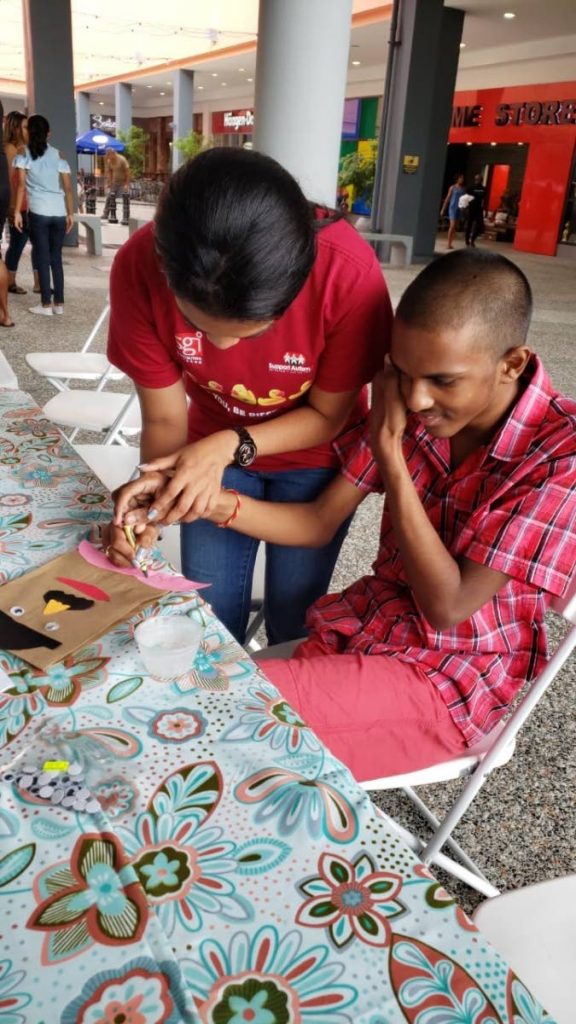Autism education in TT – many without any

DR RADICA MAHASE
MY nephew Rahul is 16 years old. We have been searching for opportunities for him from the time he was two years old and we saw signs of developmental delays. It took years to get him officially diagnosed.
We search for years to find a school for him. From age four to six years we were turned down by six pre-schools. They all said they were not trained to deal with children like him, they didn’t have the resources, etc. We couldn’t blame them, at least they were being honest.
For another three years we kept trying with many different schools – both public and private and we were always turned down. It wasn’t until Rahul was nine years old that we were finally able to access an educational institution for him. We would drop and pick him up at Entheos Intervention Services every day. He enjoyed being there and he had teachers who taught him in very visual, creative ways.
Then puberty kicked in and no one (not therapists nor psychologists, etc) seemed to know how to handle a pre-teen/teenage boy with autism who was going through puberty and all the changes associated with it. The meltdowns started, they were triggered by any noise at school. School became more crowded and it reached the point where he would not last an hour until eventually, we had to keep him home.

Since then we have not been able to find an educational institution willing or capable of dealing with his special needs. Recently, pre-covid19 he started individual sessions at Ad Astra Private School which he loves so much that he sits for an entire hour doing all kinds of stimulating activities. It was just two hours for the week but it is still something to help him develop intellectually.
Rahul’s case is not unique; our trials and tribulations of accessing educational opportunities for Rahul is similar to that of what many other parents have experienced/is experiencing He is not the only child with autism who has been home for years. And it is not because we have not tried.
The type of specialised educational opportunities given to students at Entheos Intervention Services and Ad Astra Private School is the type of educational opportunities that should be given to all children with autism within a regular school setting. It is the type of education that we need to implement in TT, as part of our thrust towards inclusive education, to ensure that every child, regardless of ability, levels of communication or social interaction has an equal access to.
The Ministry of Education (MOE) has been pushing the idea of “No child left behind” but yet has not even started to consider children like Rahul and many others who have missed years of formal school or have never attended a school. These children have always been invisible to the MOE.
In TT access to an education is a privilege rather than a basic human right. When parents call on the MOE to make education accessible to their children they are treated as pests, made to feel that they are making unreasonable demands. When advocates call on the MOE to make education equally accessible to all children, special needs included they are seen as aggressive and demanding. Recently, comments on social media are trying to change the narrative on parents and advocates to make it appear that we are expecting too much from the MOE and we want everything too soon.
I want to be very clear; parents should not have to beg for educational opportunities for their children. Every single child, even those who cannot attend a formal educational institution should be afforded an equal access to education in some format. Right now, given covid19 restrictions, the MOE can reach out to those children with autism who are not enrolled in any educational institutions – public or private. They should also be given devices and educational packages. It would take a little more organising but it is not impossible to do.
Post covid19, within the same primary/secondary school environment, lower functioning children with autism can attend for an hour or two depending on their abilities where they engage in work tailored to their development level. That is what an inclusive education looks like. If the MOE is serious about “No child left behind” then focus some resources on those children who have been ignored, the “many without any.”
Dr Radica Mahase is the founder/director of Support Autism T&T


Comments
"Autism education in TT – many without any"